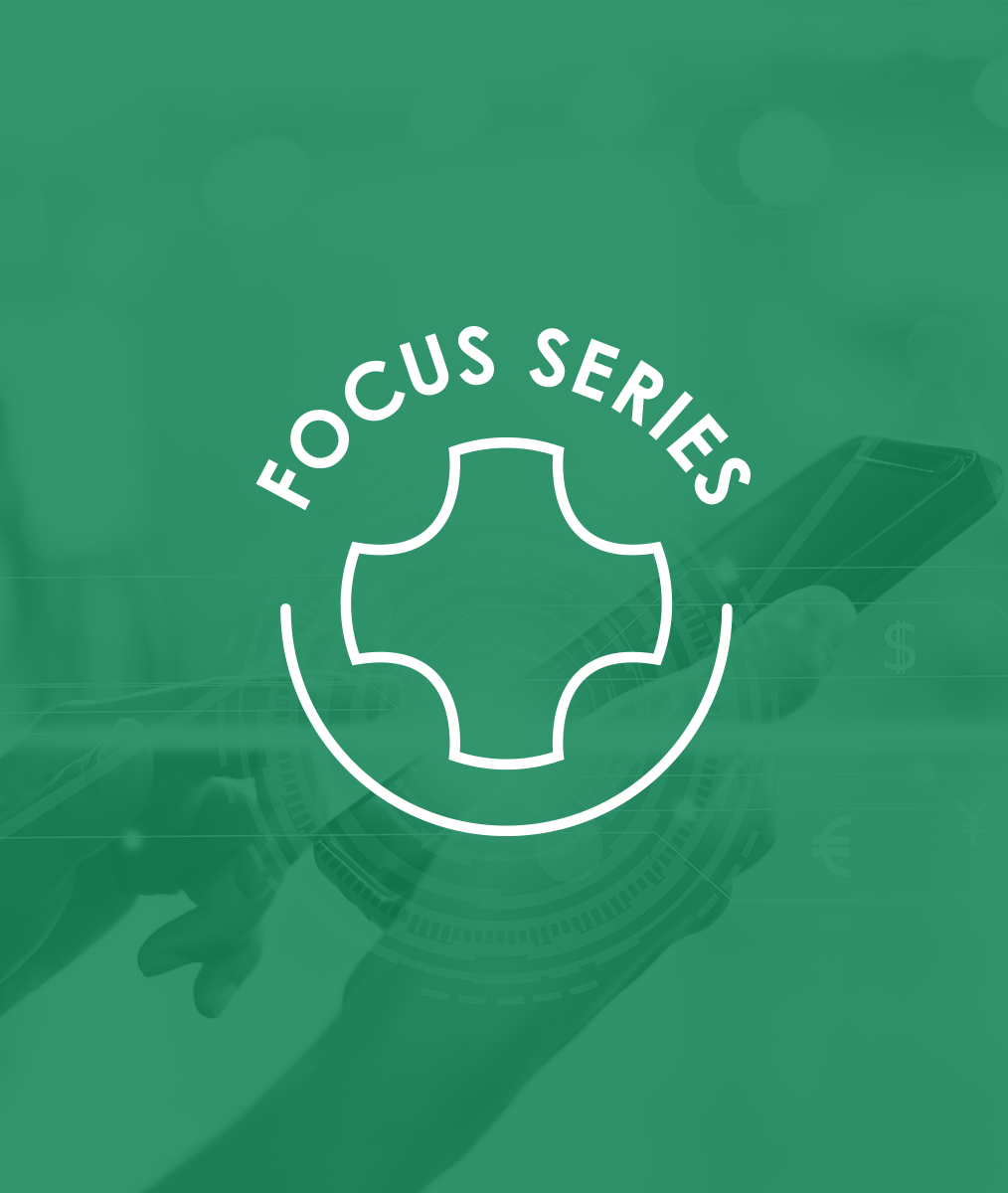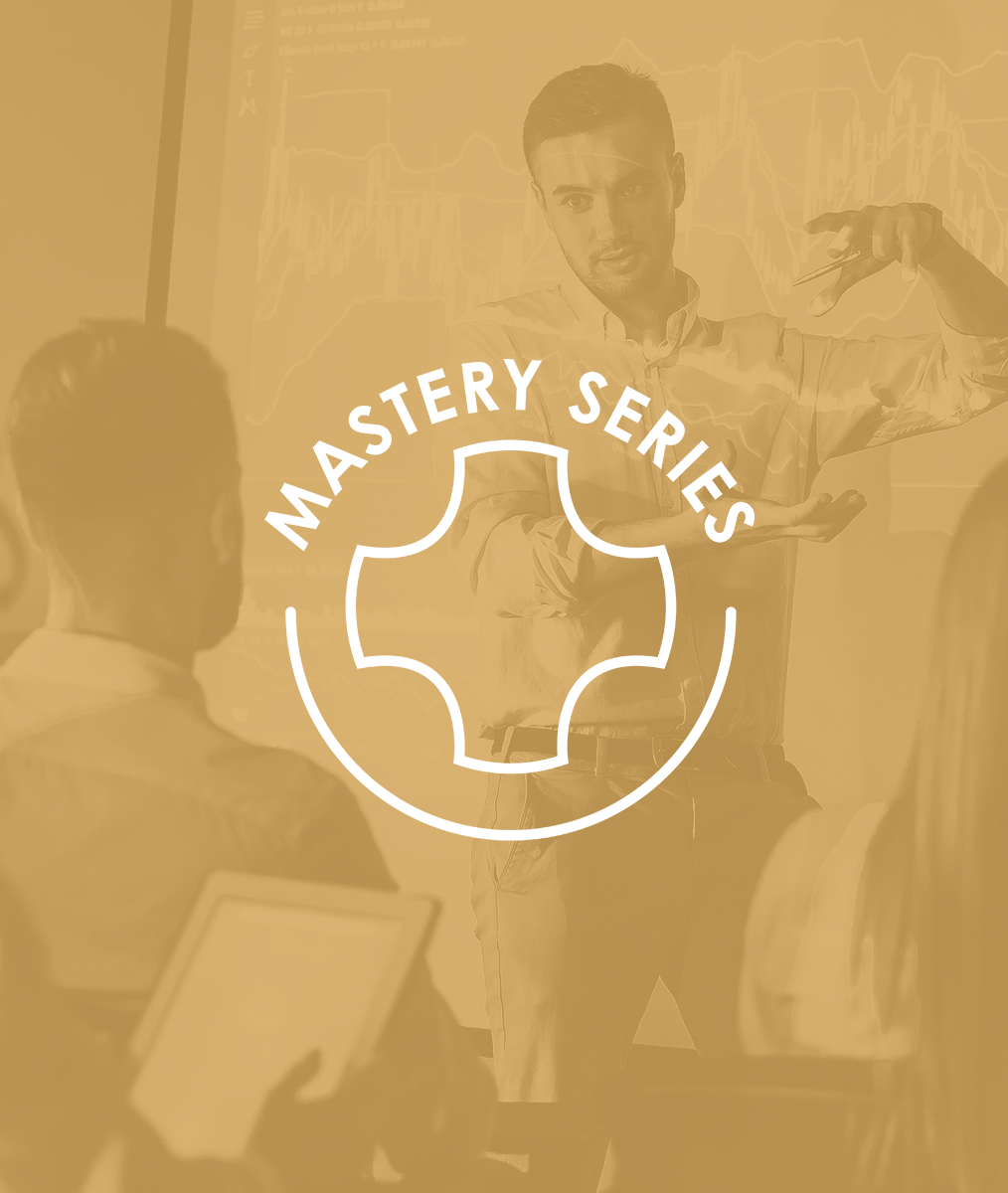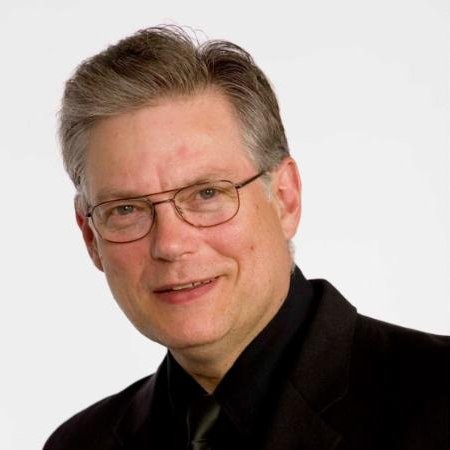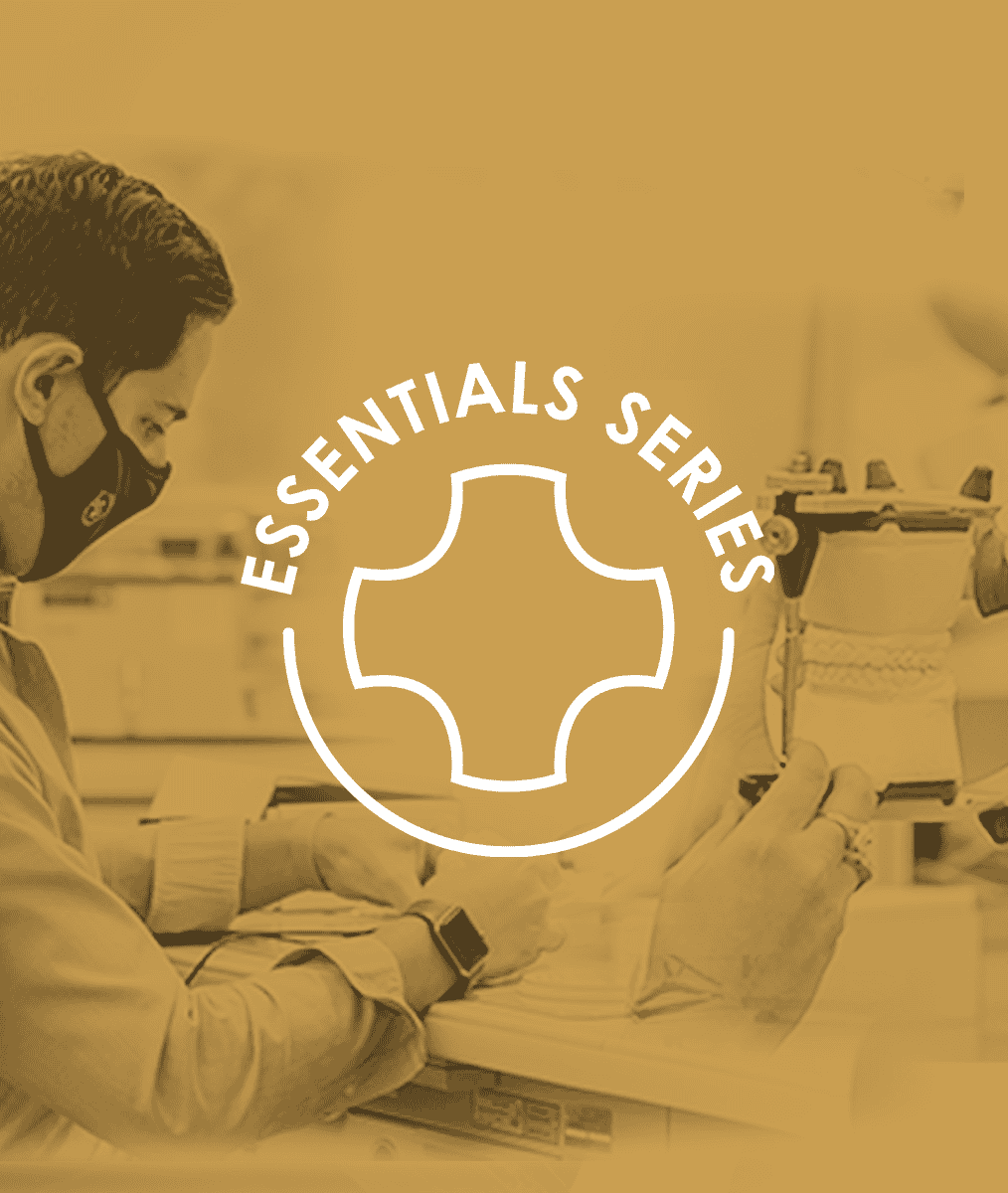Positive Psychology (Part 1)
By Paul A. Henny, DDS
Martin Seligman PhD spent most of his career at the University of Pennsylvania advancing the concept known today as “Positive Psychology.” He states that Positive Psychology is “the scientific study of what makes life most worth living.” Along the way, Martin identified five core elements highly associated with psychological well-being and happiness. He believes understanding these five elements helps us to create more fulfillment, happiness, and meaning in our life.
One of our Pankey colleagues, Barry F. Polansky, DDS, spent a lot of time and energy studying Seligman’s work. In his last decade in practice, Polansky turned his attention to writing books to help new dentists find wellness and happiness in dentistry. Polansky’s 2017 book The Complete Dentist: Positive Leadership and Communication Skills for Success is an excellent guide to starting and running an effective and meaningful dental practice.
In this two-part series, we’ll take a look at Seligman’s positive psychology model in relation to how we feel about our work in dentistry.
Seligman’s Five Core Elements:
P – Positive Emotion
This represents a “glass-is-half-full” perspective toward life, commonly called an “abundance” perspective. This positive world view is critical because it has a heavy influence on how the brain functions. Our brain is a memory-driven cybernetic solution-seeking organ, with a primary purpose of creating and supporting a successful life. When our mind is in a positive orientation towards our environment, we are typically in a very observant and creative mode of living. In this mode, we constantly scan our environment for relevant bits of information and experiences that are potentially useful in the advancement of our desires.
When our desires are positive and life-affirming, we are co-creating our experience: We see and experience to a large degree what we expect to see and feel. That is why having a clarified positive vision and purpose for our life and practice is essential for well-being.
E – Engagement
L.D. Pankey famously said, “Know Yourself.” What interests us most? What worries us most? In what circumstances are we most comfortable? Under what conditions are we most productive? What are our personal strengths? What are our habits? What are our triggers? What do we aspire to do? What about ourselves would we like to change?
We all direct most our attention toward the things that interest us or we fear. And it is what we pay the most attention to, whether at work or elsewhere, that we develop the most while engagement with things of lesser importance wither away. It’s healthy to go into ever deeper relationship with the things we value. Clarifying what we believe we are good at and what we will enjoy is a key first step to successful practice development.
Defining our values is essential so we know when to keep “first things first,” as Stephen Covey likes to say.
Mac McDonald is a Visiting Faculty member at Pankey, his 2017 book Unchanging Points of Light: Finding Your Way in the Dark is an example of the positive power of values clarification.
My discussion of Seligman’s five core elements will be continued in Part 2.
Related Course
Creating Financial Freedom
DATE: March 6 2025 @ 8:00 am - March 8 2025 @ 2:00 pmLocation: The Pankey Institute
CE HOURS: 16
Dentist Tuition: $ 2795
Single Occupancy with Ensuite Private Bath (per night): $ 345
Achieving Financial Freedom is Within Your Reach! Would you like to have less fear, confusion and/or frustration around any aspect of working with money in your life, work, or when…
Learn More>



















